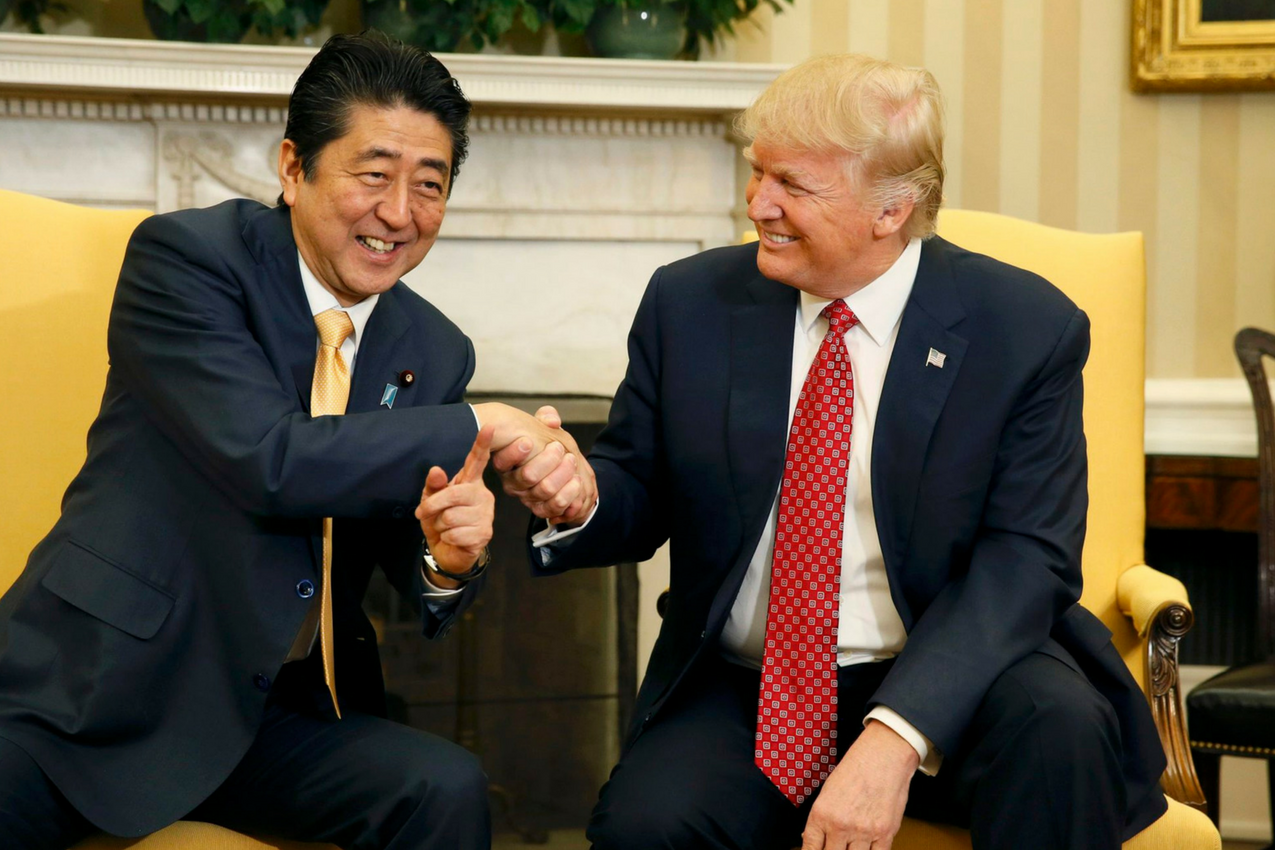Japan is all set to pick the technology from one of U.S.A’s advanced radar for its missile defence system. This is being looked at as an upgrade that could help ease some of the trade friction between Washington and Tokyo and provide cutting-edge protection against the arsenals of North Korea and China, according to sources.
“Aegis will be a big-ticket purchase; it will be a nice gift for President Trump,” said a Japanese government official, referring to the ground-based Aegis Ashore system.
Japanese officials could make their radar choice as early as Monday for two Aegis Ashore batteries to be deployed in 2023. Figures for this purchase could be added to a defence budget proposal to be released in August.
The candidates Japanese officials will be reviewing include Raytheon Co’s SPY-6 and a version of Lockheed Martin Corp’s Long Range Discrimination Radar (LRDR). Japan had sought the SPY-6 when it had agreed to buy Aegis Ashore last year, but Washington had been reluctant to supply.
Action from Japanese end comes amid attempts to ease tensions between President Donald Trump and North Korean leader Kim Jong-un. Upgrades to Japan’s missile defense system would make it one of the world’s most advanced systems.
Read: S. Korean Moon Jae-in to Visit India
Japanese defence officials have estimated the cost of the two Aegis Ashore batteries at about USD 2 billion. The final tally, including the SPY-6 or LRDR, could be at least twice of that, sources said. The LRDR can detect targets several times farther away than the existing Aegis systems can.
Although the upgrade will increase expenses for Japan, it fits well within Trump’s desire to export more American military hardware. During a visit to Tokyo in November last year, he welcomed Japan’s procurement of F-35 stealth fighters and urged it to buy more U.S. weapons and goods.
Japan, which hosts about 50,000 U.S. military personnel, including the biggest overseas concentration of U.S. Marines and a U.S. Navy carrier strike group, has decided to not change its military posture until it sees concrete signs that Pyongyang is prepared to permanently dismantle its nuclear weapons and ballistic missile programs.









